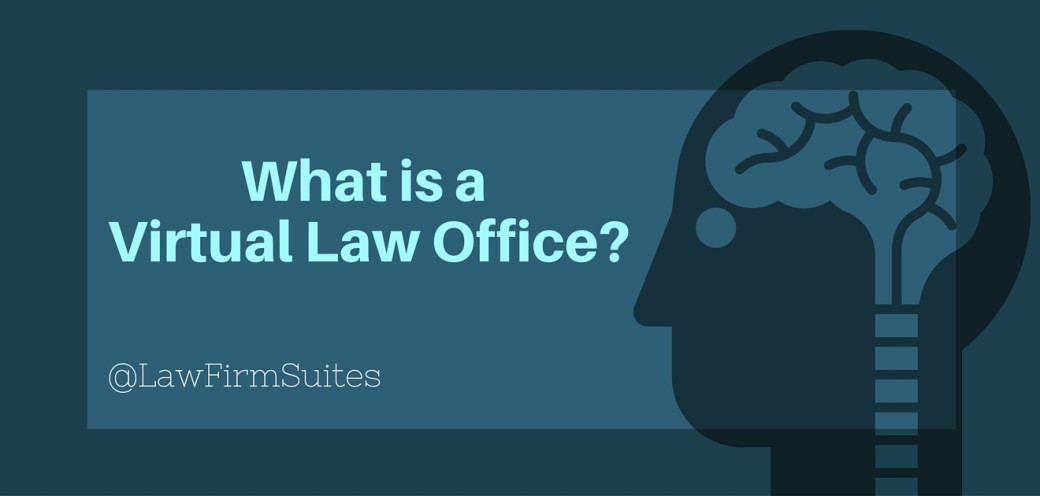A quick answer to the question: What is a Virtual Law Office?
Sometimes when the words “LAW” and “VIRTUAL” are put together they are used interchangeably to describe three different concepts: a virtual law firm, a virtual law office and legal virtual services.
With the law being a profession where the definition of words really matter, subtle differences can have a meaningful impact on an attorney’s compliance with ethics rules.
In an effort to set the record straight, here’s a quick definition of these three things:
Virtual Law Firm
A Virtual Law Firm (VLF) is a law practice that does not utilize a central office to house attorneys or permanent staff. Instead, the firm’s attorneys work from wherever they choose (most often their home).
The firm relies on SaaS applications to handle every aspect of its practice, including securely storing client documents and communicating with clients.
The VLF maintains flexible, contract-based support staff that it increases and decreases on a per-project basis. VLFs are also referred to as virtual law practices.
Some VLFs maintain Virtual Law Offices (see the definition below) to receive mail and meet with clients, while other firms conduct all of their business online and never meet clients in person (a Pure Virtual Law Firm).
Not every state permits the practice of law through a virtual law firm. There’s a great resource on Lawyerist that provides a summary of every state’s ethics rules.
Virtual Law Office
A Virtual Law Office (VLO) is an unbundled office rental arrangement where firms get the business presence of a traditional office and have access to its resources, such as an address to receive mail, a physical location to meet clients, conference rooms, receptionist and administrative services, and temporary office space. The difference is that attorneys pay for the services only when they need them.
VLOs are often sold in “packages,” with higher priced packages including more services.
Attorneys using VLOs work primarily from another location, which can be the attorney’s home office or a traditional bricks-and-mortar office in another location.
For states where there is an “office” requirement, a virtual law office typically meets the definition for an office. The argument you would be making in support of using virtual law office is that a virtual office has all of the features of a traditional office, just purchased using a different economic arrangement. So generally, if you need to make this argument in your jurisdiction, you will want to make sure that your virtual office, in fact, functions like a working office.
Virtual Legal Services
VLFs and VLOs are not to be confused with Virtual Legal Service (VLS), which are actual legal services provided and delivered exclusively online using SaaS applications. VLSs includes services performed by attorneys and non-lawyer legal form companies like RocketLawyer and LegalZoom.
VLSs performed by a law firm are often “unbundled,” meaning that the client performs some or all of the services themselves with the guidance of an app and the lawyer intervenes on a minimal basis, if at all.
But VLSs performed by attorneys are different from those of non-lawyer companies in that, assuming jurisdictional compliance, attorneys can render legal advice as part of the transaction, which the non-lawyer entities, at present, cannot.
You can download the slide deck from the above video here.


